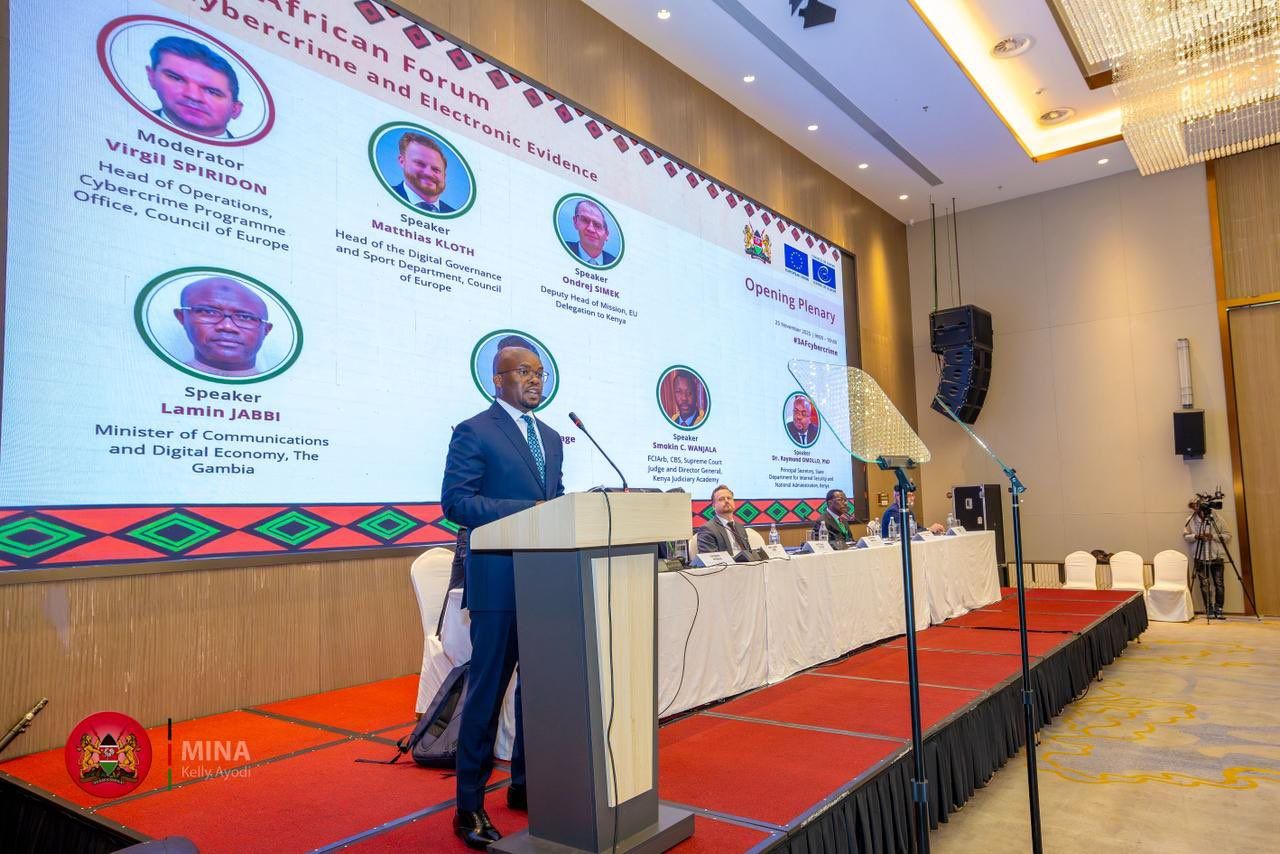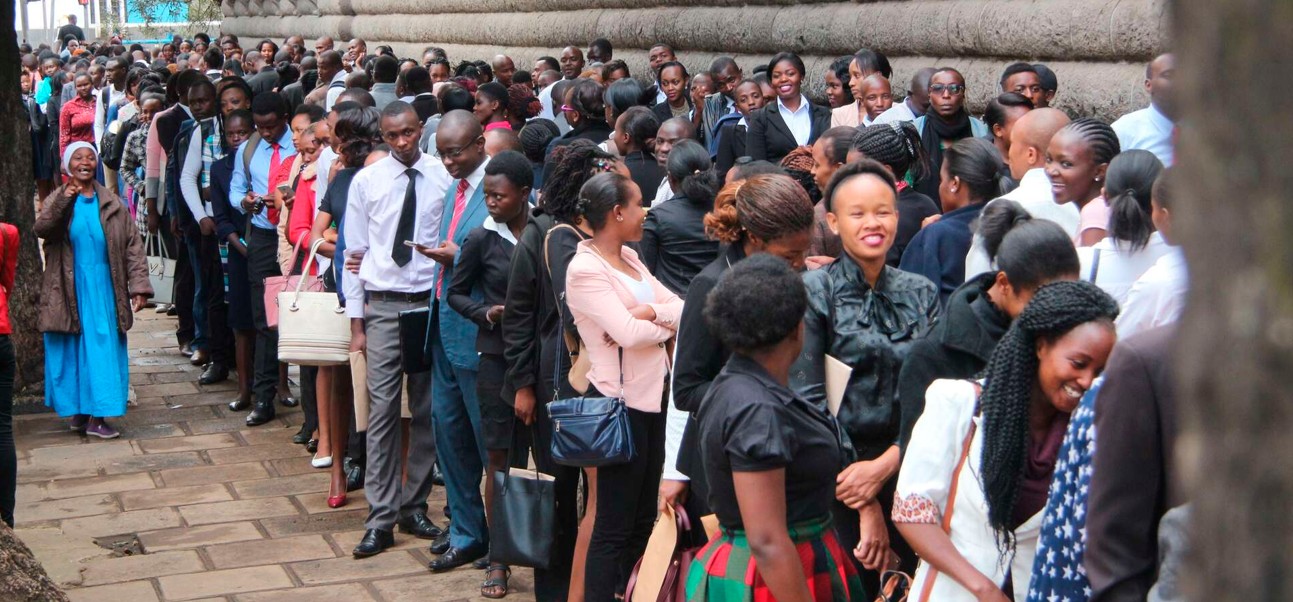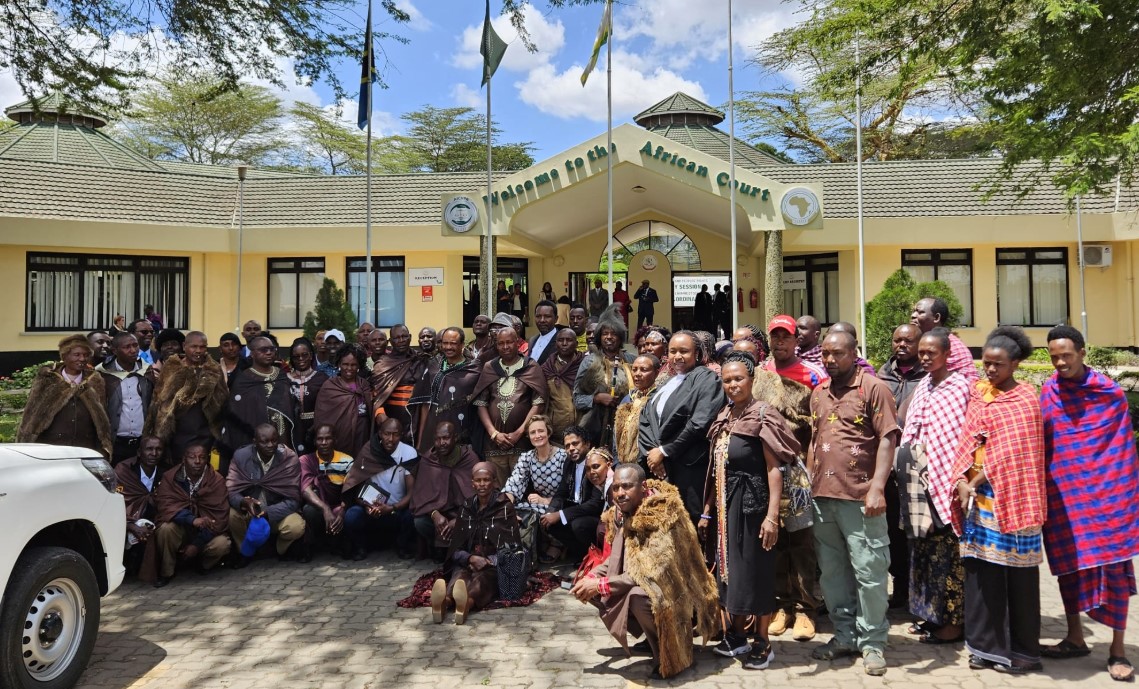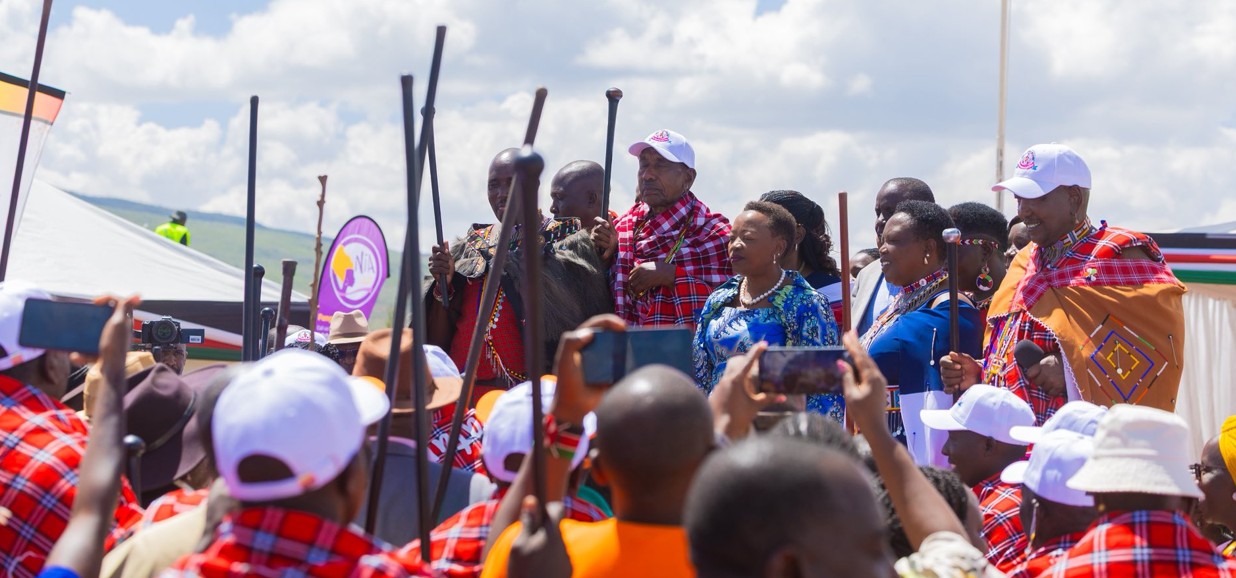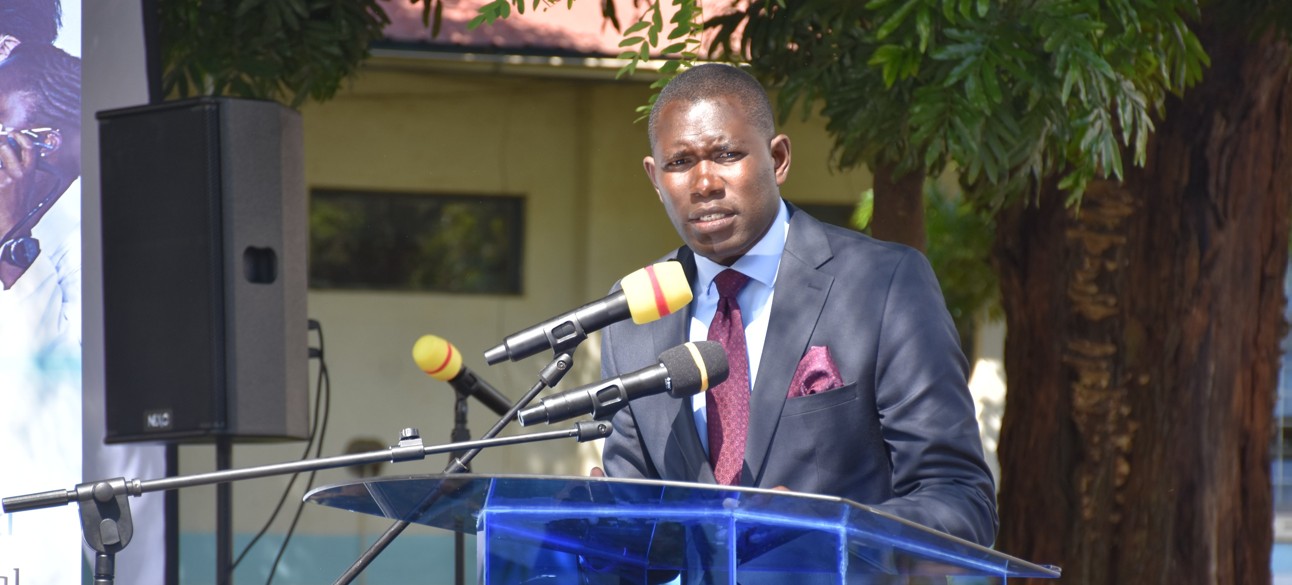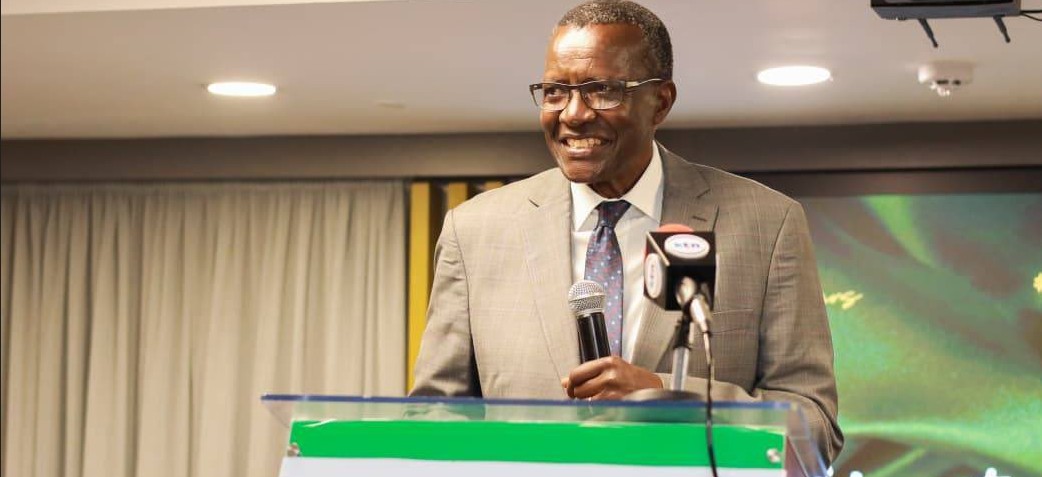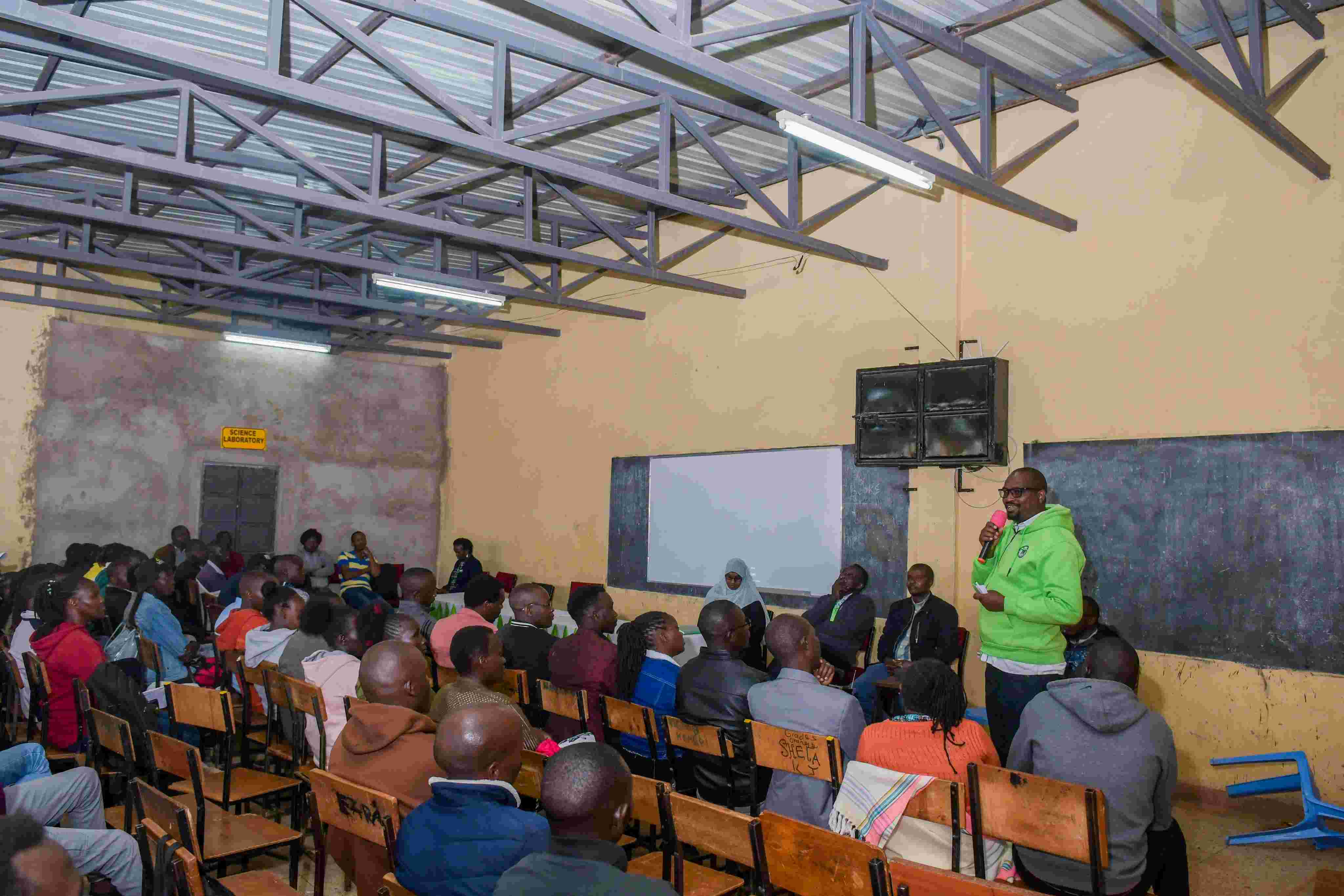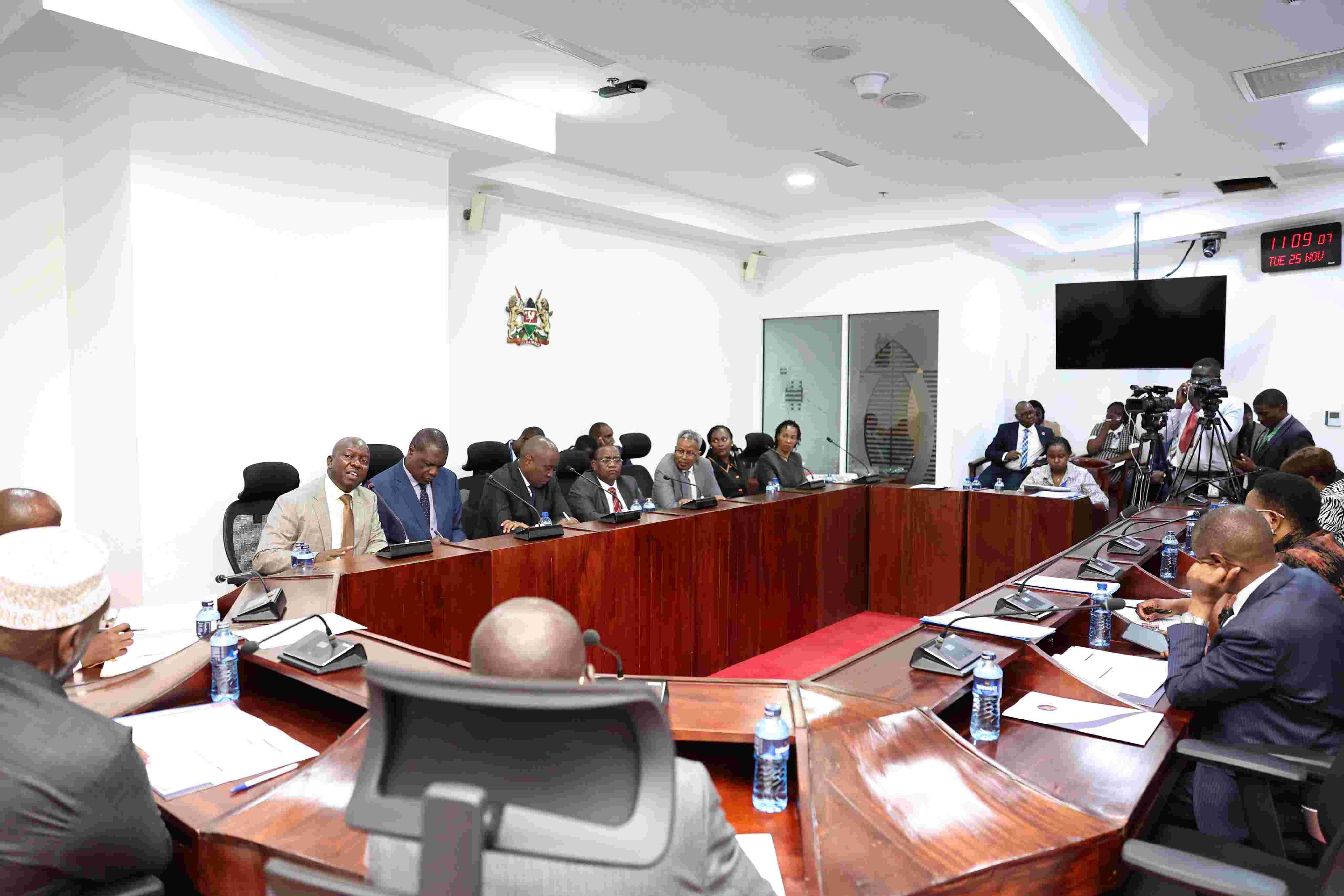Government to monitor electronic money transfers for tax compliance

KRA is working on integrating its systems with mobile operators to better detect income tax evaders.
The government plans to launch a new initiative to increase tax compliance among businesses by monitoring pay bills and till numbers.
This move follows the limited success of the electronic tax invoice management system (eTIMS), which saw more than three-quarters of registered companies avoid using it in its first year.
More To Read
- KRA sets December 31 deadline for fuel stations to adopt eTIMS invoicing system
- Businesses granted 30-day relief on long-stay container charges at Mombasa port
- Meta to deduct 5 per cent tax on Kenyan creators’ earnings in 2026
- CBK data shows Sh344 billion decline in mobile money transactions, steepest drop in 18 years
- National Treasury says weak revenue, high debt repayments straining Kenya’s budget
- Report warns withholding tax risks pushing digital traders to informal platforms
On Wednesday, Moses Kuria, the president's senior economic adviser, revealed that the plan would convert mobile money pay bills and till numbers into electronic tax registers (ETRs) by December 25, 2024. This strategy aims to more effectively identify tax evaders.
According to data from the Kenya Revenue Authority (KRA), only 120,000 registered taxpayers with a business income had signed up for eTIMS as of June 2024, representing just 18.1 per cent of around 663,000 registered firms.
Moreover, more than half of the businesses on the eTIMS platform are not actively transacting, highlighting the challenges in expanding the tax base.
Under the new plan, pay bills will function as KRA tax registers, bringing many businesses under the KRA's oversight.
"We've agreed with the Commissioner-General that come Christmas 2024, all pay bills will also be virtual ETRs for the purposes of tax collection. I know there is going to be some noise, but I also want you to tell me where we agree that someone will not pay taxes. Maybe I missed that point," Kuria stated.
"There will be nowhere to hide," he added.
This initiative particularly targets traders using mobile money platforms such as M-Pesa, T-Kash, and Airtel Money, who have not been captured by the existing tax system.
According to Safaricom's 2023 annual report, the number of merchants using Lipa Na M-Pesa has risen by 23.1 per cent to 602,662, resulting in customer-to-merchant payments exceeding Sh1.38 trillion.
Kuria emphasised that all pay bills will serve as virtual ETRs, particularly targeting businesses with annual sales exceeding Sh5 million.
Clarification
Kuria later clarified that his comments about the government’s plan to register all businesses for virtual ETRs did not mean that only those that use mobile money payments such as M-Pesa services are the targets.
In a statement on Thursday evening, the former Cabinet Secretary explained that the plan will target all payment service providers, including banks.
Kuria refuted claims from some media outlets that the new model would only affect businesses using mobile money for transactions.
“My attention has been drawn to media reports that my comments on Virtual ETRs at the KRA Summit yesterday were directed at mobile money pay bills only. This is erroneous as I meant all payment service providers including telcos and banks,” he explained.
Kuria also said the government’s plan to block the activation of cell phone SIM cards for phones imported into the country without proof of tax payment.
"It's an industry issue, just like we will automatically block from activating on any network any mobile phone imported into the country with no record of having paid applicable taxes. Be guided accordingly," he said.
Currently, out of over two million companies using mobile pay bill services, only about 200,000 are registered with physical ETRs, indicating significant untapped revenue potential.
President William Ruto has previously highlighted that the country's vast number of mobile money users presents a valuable opportunity for enhancing revenue collection.
KRA is also working on integrating its systems with mobile operators to better detect income tax evaders.
This initiative will treat mobile money transactions similarly to eTIMS, facilitating easier tracking of sales and tax computation.
This development comes as the government faces increasing pressure to raise funds after scrapping several tax measures contained in the Finance Bill 2024 in response to public protests.
Top Stories Today

